Photo creds for 1, 2, and 6: Gideon Rogers.
Photo creds for 3, 4, and 5: me.
Photo creds for 1, 2, and 6: Gideon Rogers.
Photo creds for 3, 4, and 5: me.
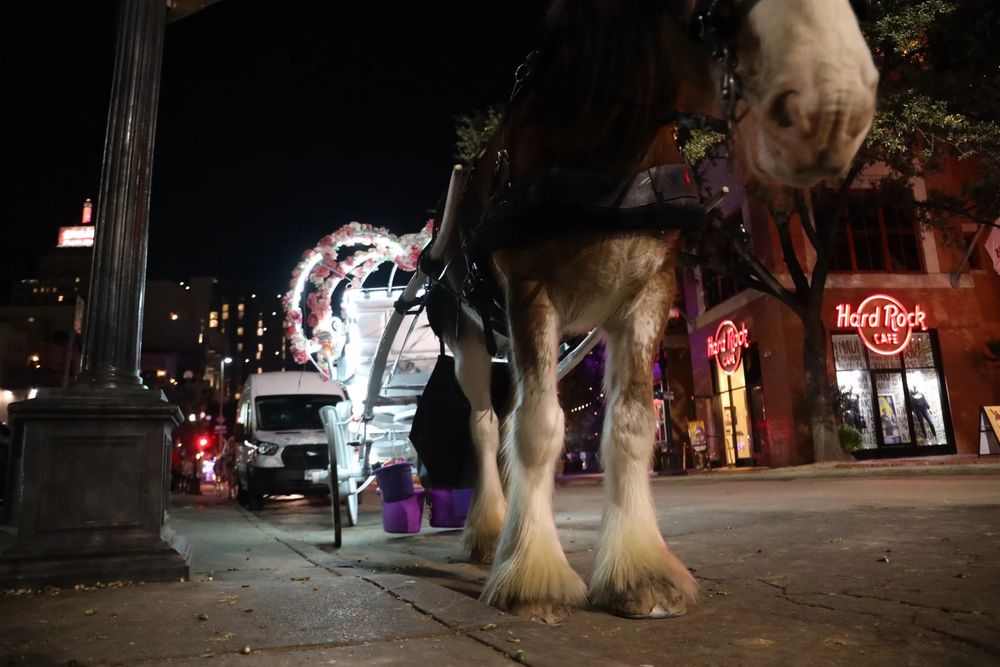
Council has the ultimate authority to change that timeline and the terms of the arrangement.
But despite the carriage industry's efforts, it appears that the question of the industry's end is one of when rather than if.
I'll be covering Thursday's vote, so check back here for updates.
11/11
On Thursday, council will vote on a proposal for a 3-year phaseout timeline. That plan comes with narrowing hours of operation for the companies each year, no new horse or business permits, and efforts to connect business owners with loan assistance and operators with job-seeking resources.
10/11
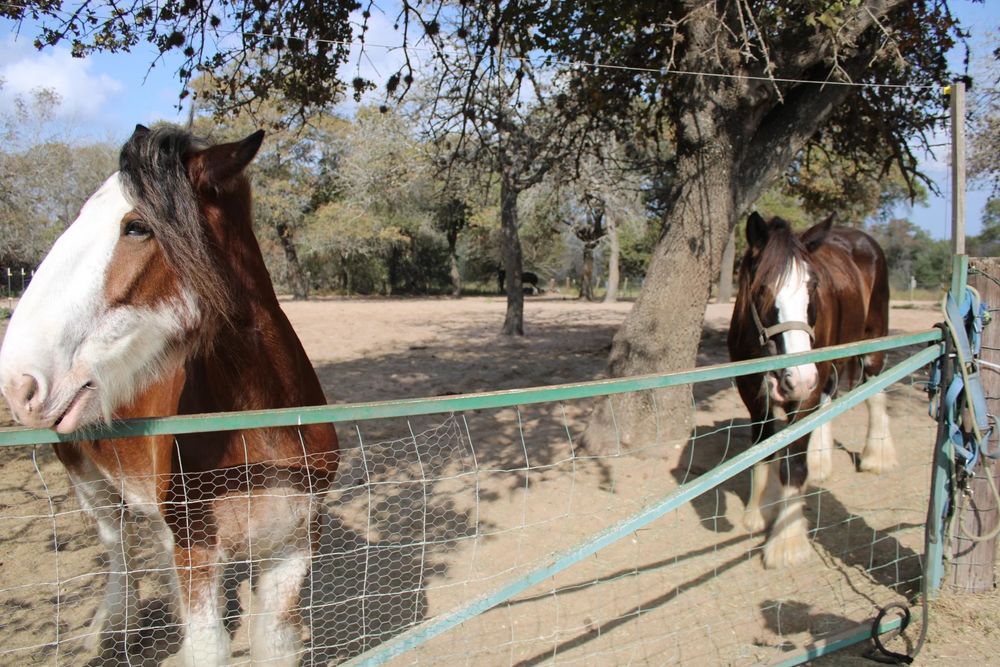
And almost none of the operators (75% of the city's survey) said they were interested in driving electric carriages, a possible alternative the city proposed. They said they and their paying customers were involved with horse-drawn carriages for the horses, not the carriages.
9/11
But if they can't get that, Dickinson said five years is enough for her to get out from under her debt. For others though, she said a five-year timeline would still mean bankruptcy. Several carriage operators said they'd have to sell their house or leave the city because of lost income.
8/11
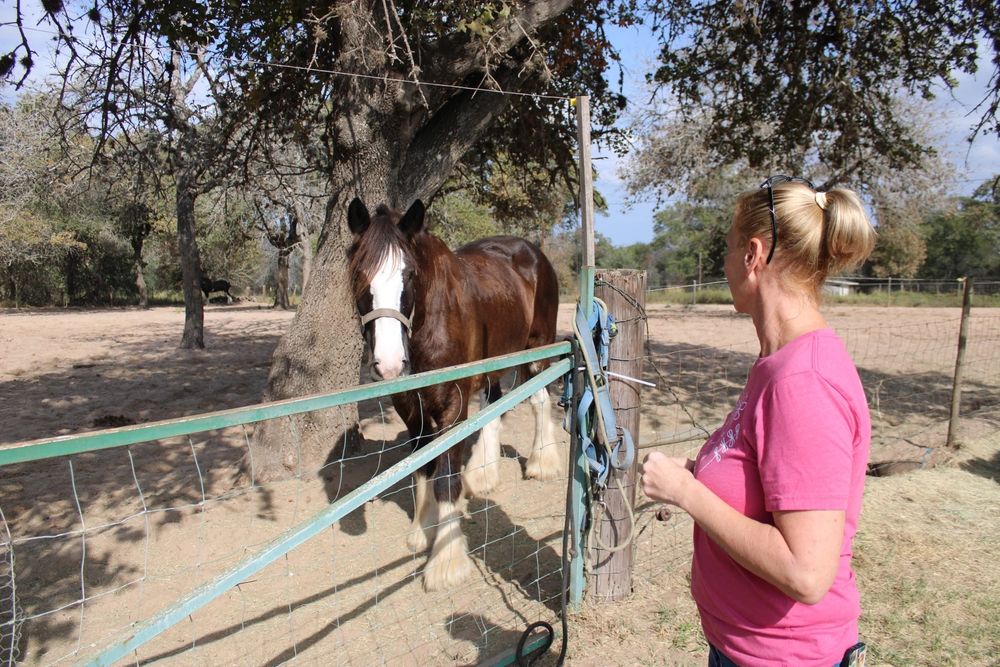
The president of Yellow Rose & HRH Carriage Stephanie Dickinson said she wanted a "SeaWorld deal" where the companies can't add new horses but are allowed to continue their businesses with current horses. She said all five companies need time to handle their debts, between $70k and $700k each.
7/11
The phaseout proposal has gone through the council committee process and the city briefed the entire council on it in October. At that council meeting, members seemed split on three main possibilities — 1 year, 3 years, or 5 years to phase out the industry.
6/11
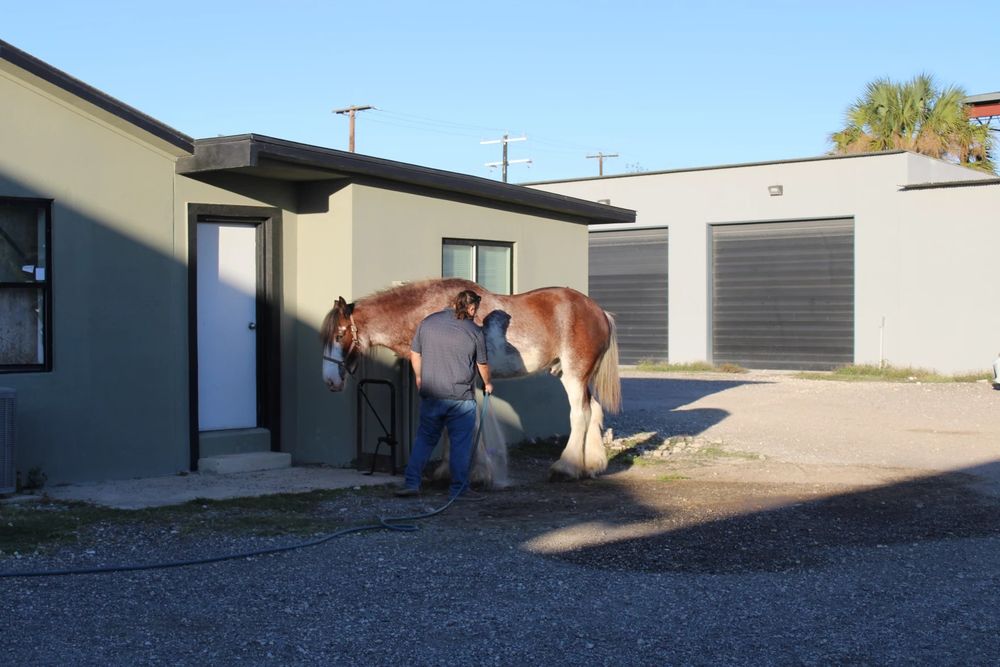
But the companies have pushed back: they cite the city-contracted horse veterinarian — who has also led vet services for the San Antonio Rodeo for the last 20 years — who has said the horses are perfectly healthy, blame the city for forcing carriages to bunch up on a few streets, and more.
5/11
A city survey of 50,000 residents and tourists found that 52% of all respondents supported phasing out the industry, for these reasons and various other ones.
4/11
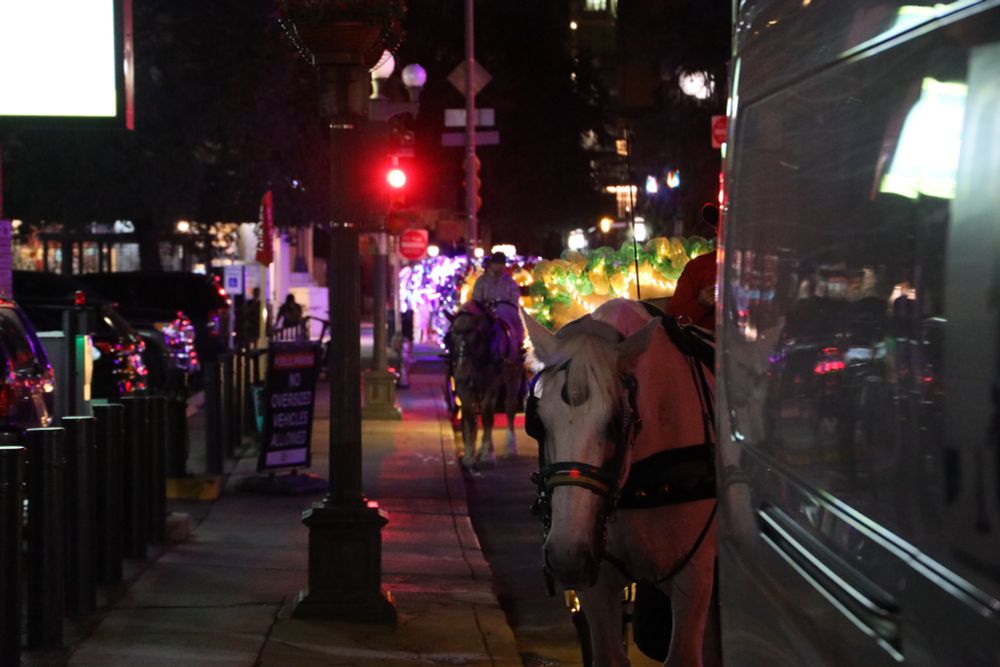
Since it was revived earlier this year, there have been a handful of reasons people have said they want the practice banned. Some say it's harmful to the horses, it contributes to downtown congestion, it doesn't fit with a modern city, or that accidents could harm San Antonio's tourism brand.
3/11
This all started in November 2022, when two councilmembers wrote up a proposal for the city to come up with a plan to phase out the industry and work towards a "just transition" for the 80+ horse carriage operators — the drivers.
2/11
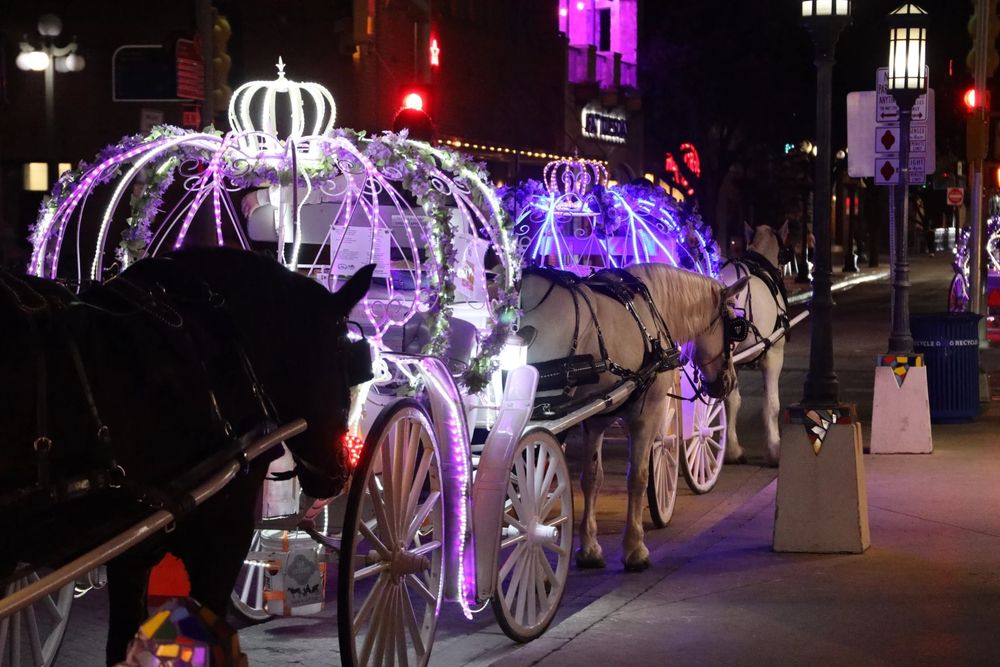
The San Antonio City Council is going to vote on Thursday on a timeline to phase out the city's nearly 160-year-old horse-drawn carriage industry. Here's how we got here, what's on the table, and what the people who would be impacted the most think about it.
🧵 1/11